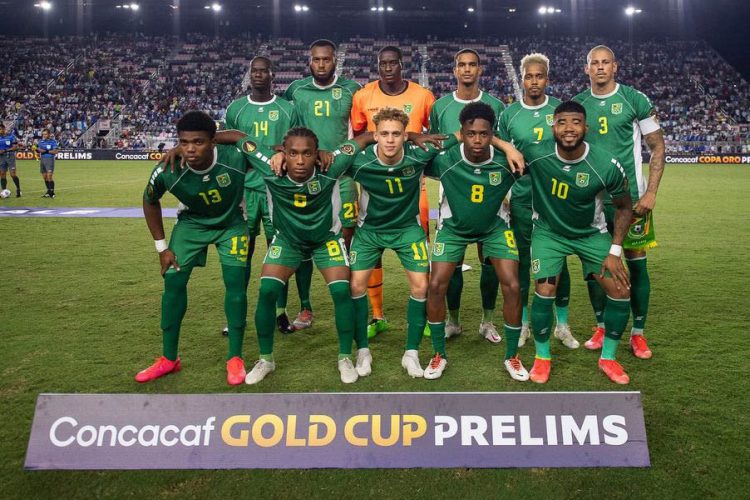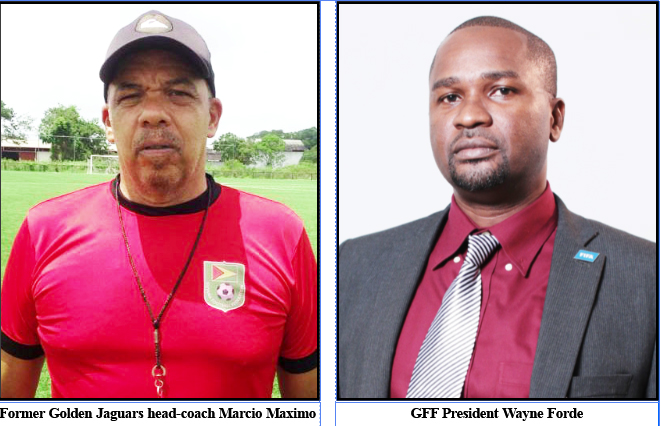In sport, as in any other field of endeavour, survival and growth are functions of performance. Contextually, one need only reflect on sporting institutions like legendary soccer clubs Manchester United, and Barcelona and Real Madrid of Spain as well as American Football’s Dallas Cowboys. These institutions are living evidence of the reality that material success is invariably the product of performance on the field of play.
Manchester United Football Club, the ‘Red Devils’ to their throngs of followers worldwide and The Dallas Cowboys, ‘America’s Team’, according to their adoring fans, are establishments whose economic stature have exceeded their performances on the field of play. 1996 was the last time that the ‘Texans’ lifted the Lombardi Trophy.
Their respective underperformances on the field of play, however, have done nothing to staunch their success as business enterprises. Both are ranked amongst the four wealthiest sports entities in the world. In both instances, their continued financial growth has allowed for a continued recruitment of high-priced coaches in an effort to enhance their respective performances on the field of play.

Manchester United has changed managers four times since their last league domestic triumph. The Cowboys have recruited five different coaches since their last Super Bowl victory. By now, both Clubs surely understand that financial success does not compensate for unimpressive on-field performances. Sport is, in the final analysis, about winning.
Here in Guyana a debate is ensuing on the initial decision of the Guyana Football Federation (GFF) to retain the services of Golden Jaguars’ Brazilian Coach Marcio Maximo, following the team’s ousting from both the 2022 World Cup and the 2021 Gold Cup Qualifying campaigns. The ‘Jags’ exited the 2022 FIFA World Cup Qualifiers, after concluding the group campaign with three losses and a win. The ‘Jags’ lost to Trinidad and Tobago (4-0), to St. Kitts & Nevis (3-0) and to Puerto Rico (2-0). Their only victory in the World Cup Qualifier came through a 4-0 win against the Bahamas. . In their Gold Cup qualifying campaign they were defeated by two goals to nothing by Guatemala in the very first round of the tournament.
The view has been expressed that the GFF’s decision to retain the services of the Brazilian Head Coach was aimed at lending stability for the programme rather than in any notion that his presence might have a performance-enhancing effect on the team. In the light of the recent abysmal performances the GFF has now decided to dispense with his services. This was hardly surprising given his performance record of four wins, six losses and a draw. Four of the losses occurred in the team’s last five fixtures.
An earlier Head Coach, the Englishman Terry Fenwick had been removed along with his Trinidadian coaching staff. following the team’s failure to qualify for the second round of the World Cup Qualifiers. That decision was based on an evaluation of the team’s performance in their recent campaign.
One can argue that while it was felt that The Golden Jaguars were unlikely to progress out the first round a higher placed finish might have made a better case for the Coach’s retention.
The GFF had indicated that a detailed investigation into every aspect of the campaign had been commissioned, The team’s Gold Cup preliminary round underperformance would have, one expects, also come under scrutiny. It is not unlikely that the decision to sack followed the aforementioned probe.
The question may well arise among local football fans as to whether a home bred Coach would have been retained beyond the team’s FIFA World Cup Qualifying campaign. The answer is likely to raise further questions, including whether overseas-based coaches, like players, are not inherently favoured ahead of their local counterparts. To be more specific would our Guyanese-born coaches of recent years, have been afforded the opportunity to guide the team beyond its World Cup underperformance?
Continuity may be important in the realm of coaching. On the other hand, success can only be realized if mediocre results are recognized for what they are and the causes removed.
The GFF has acknowledged that the team is currently in transition, the overarching objective being to develop the next generation of national footballers. Accordingly, the changing of the guard in the realm of coaching has to be seen as a decision that corresponds with the reality that we need to raise our game… and over a relatively short period of time.





